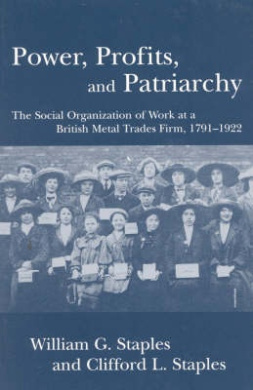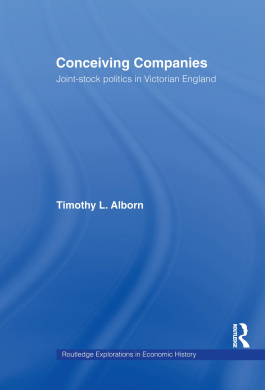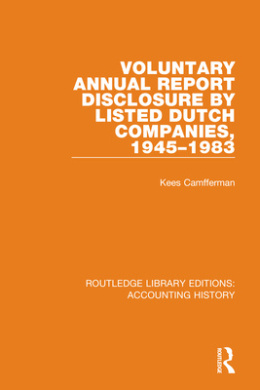Description
Founded in 1791 and in existence for more than 200 years, the Kenrick iron foundry of West Bromwich, England produced some of the finest cast-iron hardware ever made. The authors’ goal in studying the Kenrick case is to examine how taken-for-granted assumptions about class, gender and familiarial relations contributed to the longevity of the firm. The investigation uncovers three distinct political regimes of production that they characterize as successive forms of capitalist patriarchy. Indeed, it is contended that the Kenricks were able to maintain their power and their profits, to a great extent, because they were able to use patriarchy to solve pressing organizational problems. By balancing a concern with both the materiality of production and its ideological, cultural and political moments, this guide offers new insights into the nature of production politics, patriarchy and the historical sociology of capitalism.






